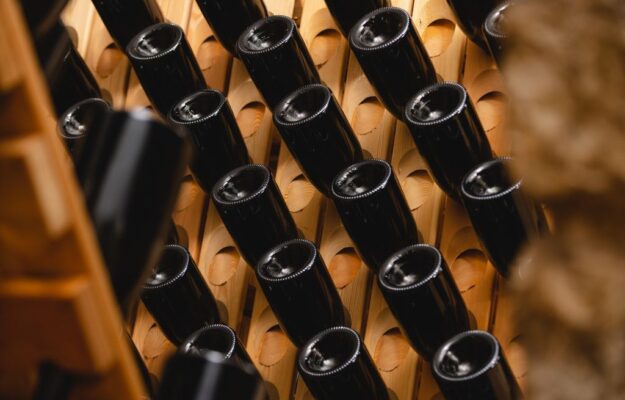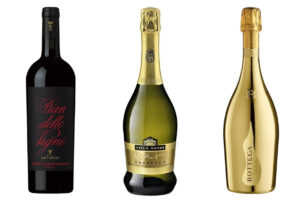Research, of course, goes on, and science often makes it possible to discover particularly interesting aspects, and this applies to the world of wine as well. A recent investigation conducted by the Edmund Mach Foundation (Fem), a scientific research excellence in viticulture and enology based in San Michele all’Adige, has identified in Trentodoc white and sparkling wines a new class of hitherto unexplored natural compounds that may help modulate the flavor of the wines themselves. The results of this study were presented in Davis, California, at the No. 13 edition of the “In Vino Analytica Scientia” 2024 conference, which brings together top scientists in the field from around the world every two years, with more than 150 delegates representing 15 different countries in attendance.
In white wines, in fact, there is a “kokumi” effect (from the Japanese, koku - rich and mi - flavor), that is, the wine contains substances that, through interaction with a calcium-sensitive receptor protein, are able to impart greater palatability by increasing the perceived taste and the fullness and complexity of flavor. This discovery was arrived at thanks to a team of Fem researchers, in collaboration with colleagues from the Universities of Parma and Naples Federico II, who managed to develop a method to analyze a hitherto unexplored class of compounds in wines, the “oligopeptides”. Using a new technique developed in the Fem Metabolomics Unit, 15 Trentodoc samples from five different vintages were explored, quantifying as many as 94 compounds. Other analyses, conducted in Parma and Naples, confirmed that these compounds are able to modify the sensory properties of white wines. Microbiological analyses conducted in Fem also found that the compounds formed are originated by yeasts from grapes, and are quite different from those produced by fermenting other matrices, such as in cider or beer. Analyses conducted on Trentodoc Riserva sparkling wine confirmed that these same “kokumi” compounds are always present, in varying concentrations. The qualified audience warmly welcomed the new hypothesis expounded by Professor Fulvio Mattivi of the Mach Foundation, who was assigned the prestigious role of initiating the work of the conference with the opening plenary lecture. The findings exhibited by Mattivi pave the way for future research to understand and govern the formation of these natural substances, which are capable of impacting the flavor of wine.
But wine aging issues were also discussed in Davis; in particular, the results of a research study in which sparkling wine was simulated to age under “forced” conditions at elevated temperatures, comparing the outcomes with natural storage in a professional wine cellar, were presented by Silvia Carlin of the Fem Metabolomics Unit. The research contributes to significantly improving the predictive potential of accelerated aging tests, carried out on young sparkling wines, in order to select the most suitable wines for producing sparkling wines intended for prolonged aging, Reserves. In fact, even under the pressure of climate change, it becomes difficult to ensure that a batch of sparkling base wine has the characteristics to produce a sparkling wine Riserva, without developing undesirable notes over time, such as undesirable notes from hydrocarbons or Marseille soap. The method developed in Fem is a useful weapon in quality control, now available to producers of Reserve wines, to choose batches to process by discarding those that might generate defective wines.
Adelaide Gallo presented the results of the doctoral thesis developed in the experimental winery of the Technology Transfer Center of the Mach Foundation, proposing new biotechnological solutions useful for the protein stabilization of wines as an alternative to the use of bentonite, with a significant simplification of winery practices; the new technology makes use of the action of endopeptidase enzymes.
Copyright © 2000/2026
Contatti: info@winenews.it
Seguici anche su Twitter: @WineNewsIt
Seguici anche su Facebook: @winenewsit
Questo articolo è tratto dall'archivio di WineNews - Tutti i diritti riservati - Copyright © 2000/2026







































































































































































































